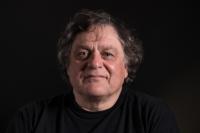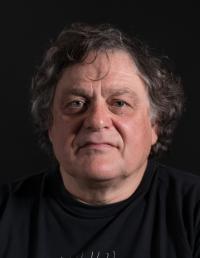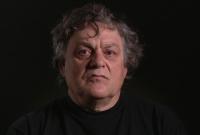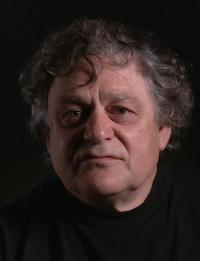To be seen, so that I can be heard
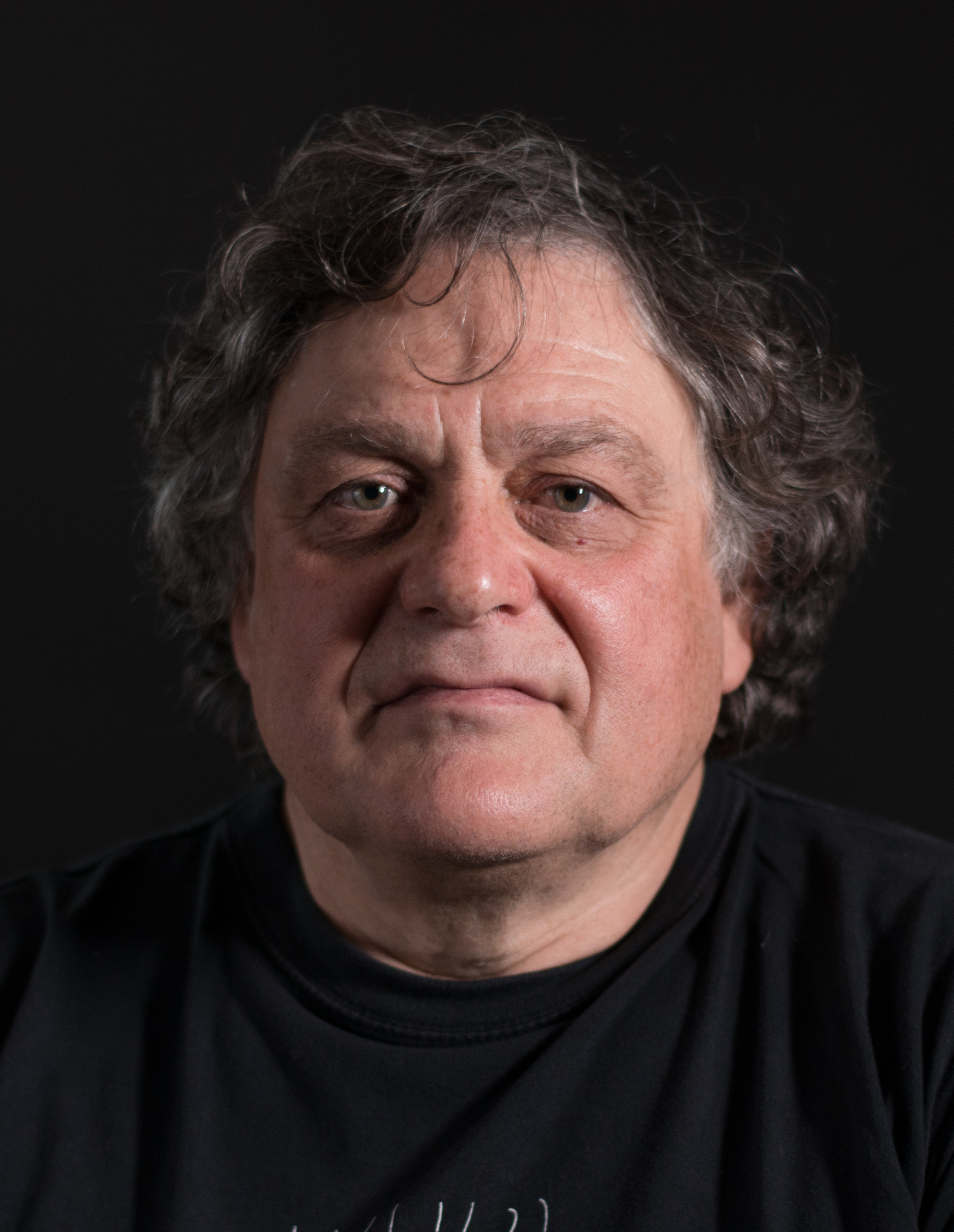
Download image
Academic sculptor Jaroslav Róna was born on 27 April 1957 in Prague into the family of an energy specialist and an office worker. His father Bedřich Róna came from a family of Slovak Jews, during the war he hid with his parents in Slovakia and Hungary. In summer 1969 the Róna family decided to emigrate to Switzerland, but after just one month abroad they returned to Czechoslovakia. After finishing primary school in 1972 Jaroslav Róna trained as a furrier at Kara Hlinsko, in 1975-1978 he attended the Secondary Vocational School of Art in Prague. After completing the school he went on to study as an artistic glazier under Prof. Stanislav Libenský at the Academy of Arts, Architecture and Design in Prague, graduating in 1984. In 1985 he spent several months as Prof. Libenský’s assistant at a summer school of glazing in Pilchuck in the USA. Since the mid-1980s he is a member of the theatre group Pražská pětka (Prague Five). Since 1985 Jaroslav Róna exhibits his paintings, drawings, and sculptures both independently and within the art group Tvrdohlaví (The Headstrongs), of which he is a founding member. In the years 2005-2012 he taught at the Academy of Fine Arts in Prague. He is the author of the Franz Kafka Memorial (2003) in the Prague Old Town. He makes sculptures, paintings, drawings, book illustrations, scenic designs, and his works can be found in both public and private collections at home and abroad. Jaroslav Róna lives and works in Prague.
